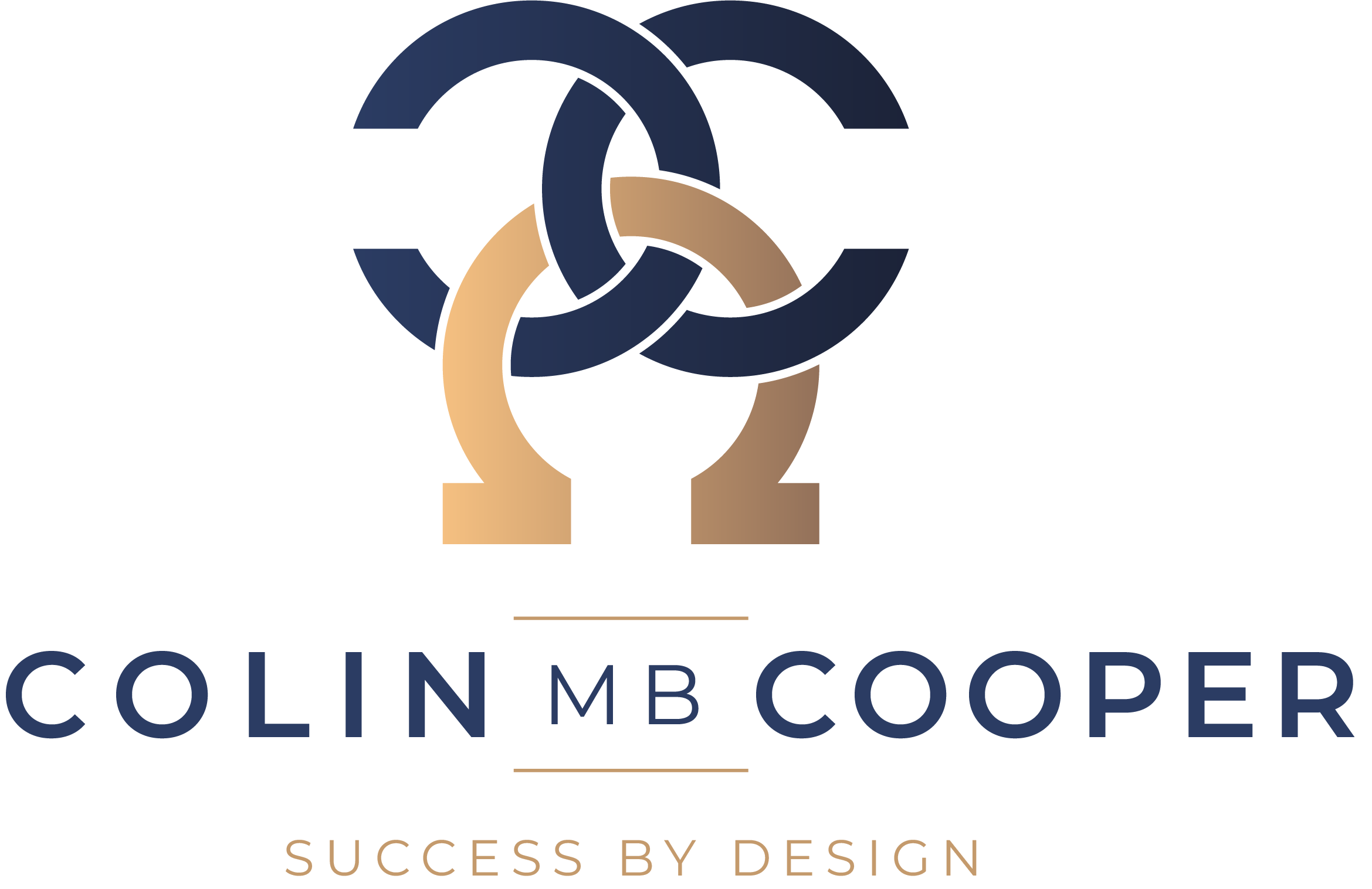Understanding consumer psychology and effectively utilising behavioural levers can profoundly impact customer purchasing decisions, ultimately leading to increased sales. By delving deep into the motivations and desires of consumers, businesses can tailor their marketing strategies to resonate with their target audience on a deeper level. This can involve leveraging psychological principles such as social proof, scarcity, and reciprocity to create persuasive messaging that captures attention and drives action. By tapping into the intricacies of consumer behaviour, it’s possible to unlock new opportunities for growth and success in an ever-evolving marketplace.
5 key behavioural levers businesses should pay attention to
Lever 1 – Social Proof
Social Proof, a powerful psychological and social phenomenon, revolves around using others’ actions and experiences to guide our decision-making. This herd mentality plays a vital role in the realm of e-commerce, where testimonials, reviews, and popularity indicators serve as influential factors to sway potential customers towards making a purchase. According to a survey conducted by BrightLocal, an astounding 88% of customers trust online reviews as much as personal recommendations, highlighting the significant impact that social proof has on consumer behaviour. This showcases the importance of leveraging social proof strategies in order to build trust, credibility, and ultimately drive conversions in the competitive online marketplace.
Lever 2 – Reducing Delivery Friction
Reducing friction in the purchase process is crucial for enhancing customer satisfaction. Businesses can create a positive impression that encourages repeat purchases by focusing on convenience, speed, and providing a seamless experience. Implementing strategies such as fast shipping, hassle-free returns, and bundle pricing can further optimise the customer journey.
A notable case study from Amazon demonstrated the impact of reducing delivery friction. With the introduction of ‘One-Click’ purchases, they witnessed a remarkable 27% increase in sales. This innovative feature streamlined the buying process, allowing customers to make purchases with just a single click, eliminating unnecessary steps and saving valuable time.
Businesses can foster long-term loyalty and drive sustainable growth by prioritising customer convenience and continuously refining the purchase journey.
Lever 3 – Authority Bias
Authority bias is a cognitive inclination deeply rooted within us, leading us to place higher credibility on the opinions of authority figures and be more susceptible to their recommendations. A brand can significantly enhance its reputation and standing by establishing authority through certifications, partnerships, and collaborations with people of influence. It’s believed an astounding 85% of consumers actively seek trusted expert content when contemplating a purchase, emphasizing the importance of leveraging authority in the decision-making process.
Lever 4 – Category Heuristics
Category heuristics is a concept that revolves around brand familiarity and the cognitive shortcuts that consumers employ when making purchase decisions. Businesses can foster customer loyalty and drive repeat purchases by establishing familiarity through consistent branding, strategic partnerships, and targeted advertising. Studies have shown that a significant majority of consumers, as high as 59%, tend to gravitate towards familiar brands when considering new product purchases. This underscores the importance of building brand recognition and maintaining a strong presence in the market.
Lever 5 – The Power of Free
The principle of offering free products to drive purchases is a potent and effective strategy. By providing incentives such as free shipping, gifts, or trials, businesses can greatly influence potential customers’ decision-making process. It’s been said shoppers were twice as likely to choose a product that came with a bonus free gift, even if the free gift’s value was lower than a discounted alternative. This demonstrates the powerful psychological impact that free products can have on consumer behaviour, making them more inclined to make a purchase.
Bringing it all together
Integrating these levers into marketing campaigns and product strategy can result in a powerful synergistic effect. You can greatly amplify your business’s impact on consumer purchasing decisions by strategically combining and utilising multiple behavioural levers.
Of course, regular testing and optimisation should be an integral part of this process to continually enhance the effectiveness of your strategies and ensure they align with evolving market dynamics.
Are you ready to embrace neuromarketing to drive sales and boost profit? Let’s talk about it. I’m here to help and can be reached by email or LinkedIn. I look forward to connecting and sharing more about these powerful strategies.



